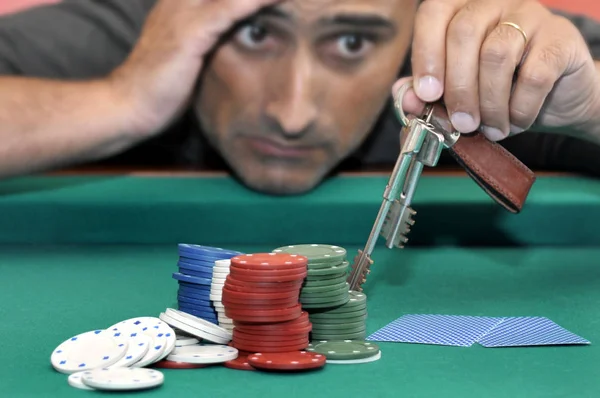
The glitz and glamour of the gambling (judi online) world often hides a dark underbelly of addiction, debt, and crime. Legalized gambling has exploded in recent decades, with casinos, sports betting, and online gaming becoming ubiquitous across much of the world. However, this rapid expansion has also fueled numerous societal problems.
One of the most obvious issues is addiction. Gambling activates the brain’s reward system in similar ways to drugs or alcohol, leading to compulsive behavior. Studies estimate that around 1-2% of adults are pathological gamblers who are unable to control their impulses to keep gambling despite severe negative consequences. Many more struggle with problem gambling habits that disrupt their finances, relationships, and lives. Tragic stories abound of individuals who empty their bank accounts, accumulate massive debts, or even resort to crime to finance their addiction. The anonymity of online gambling has made it even harder for addicts to stay away.
Organized crime has long profited from gambling as well. Historically, mafia operations have been involved with illegal sports betting, numbers games, and underground card rooms, often using violence and extortion to control their turf. Casinos have also attracted money laundering schemes from mobsters and other criminal networks. While regulation has curbed some of these activities, opaque online gambling sites still provide opportunities for exploiting players and laundering dirty money.
For problem gamblers, debt is usually the biggest consequence. The use of credit cards and digital payment processors at casinos and online gambling sites makes it easy to keep playing without realizing how much you are losing. The debt incurred can quickly spiral out of control, devastating the finances of individuals and families. Loan sharks often prey on desperate gamblers who have nowhere else to turn, charging outrageous interest rates and using threats to collect. There are many heartbreaking stories of gamblers who have lost homes, marriages, and even driven to suicide after unmanageable gambling debts destroyed their lives.
The gambling industry’s growth has also been linked to increased socioeconomic inequality. Critics point out that lower income populations often supply a disproportionate share of casino revenues, spending money on false hopes rather than essentials like housing, healthcare, or education. Neighborhoods with concentrated poverty are also prime targets for the saturated marketing and convenience of new sportsbooks and slot parlors. While not inherently unethical, the gambling industry has faced accusations of exploiting vulnerable populations and perpetuating economic divides.
Of course, most people who dabble in gambling as entertainment will never face serious adverse consequences. However, the pathways to compulsion and addiction exist beneath the surface for a subset of players. Similarly, the ample revenues generated from legalized gambling have enabled significant job creation and economic growth. Nevertheless, its expansion has also opened pathways for crime and raised concerns about social impacts on populations that can least afford to bear them. As gambling continues its march towards greater legalization and societal acceptance, tough conversations and thoughtful regulations are needed to mitigate the dangers lurking in the shadows. With open eyes and measured policies, the gambling industry’s economic upside can hopefully be enjoyed while minimizing its risks and societal costs.
